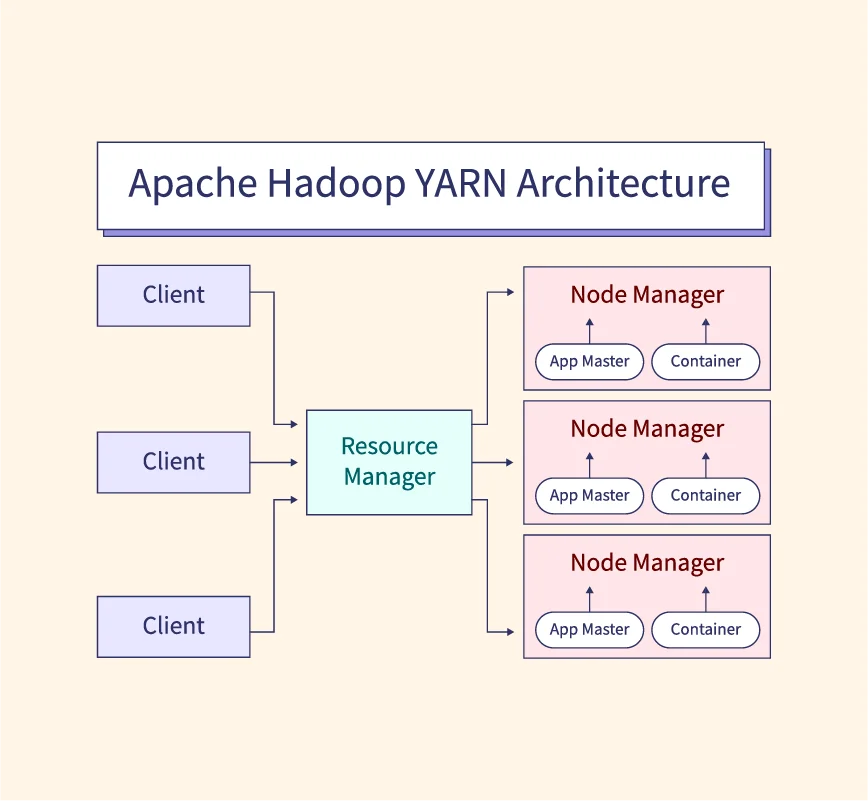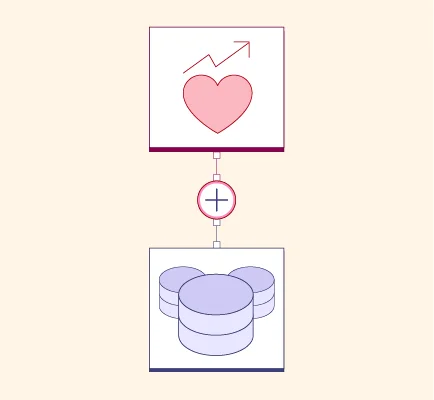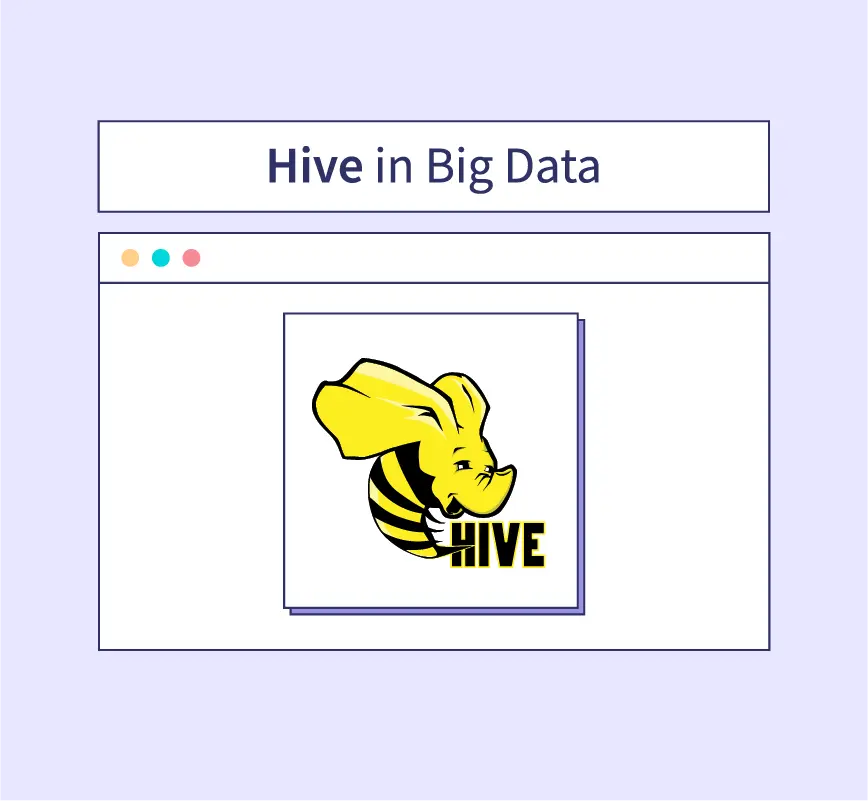No, in short. AI cannot entirely replace human intelligence.
The debate over whether artificial intelligence (AI) can replace human intelligence is gaining traction as AI systems grow increasingly sophisticated. AI has demonstrated remarkable capabilities in automating tasks, analyzing vast datasets, and even mimicking cognitive functions. However, human intelligence encompasses creativity, emotional depth, ethical judgment, and adaptability—traits that AI has yet to fully replicate. This discussion explores the potential, limitations, and impact of AI on human intelligence, aiming to shed light on whether machines can truly supplant the unique qualities of human thought and reasoning.
What is Artificial Intelligence?
Artificial Intelligence (AI) refers to the simulation of human intelligence in machines designed to think, learn, and adapt. Core components of AI include machine learning, which enables systems to learn from data; neural networks, modeled after the human brain for pattern recognition; and natural language processing, which allows machines to interpret human language.
AI’s primary role is to augment human tasks by automating repetitive processes, analyzing large datasets, and making data-driven decisions. Examples of AI applications include virtual assistants like Siri and Alexa, predictive analytics in healthcare for early disease detection, autonomous vehicles for safer transportation, and recommendation engines on platforms like Netflix and Amazon. While AI excels in efficiency and precision, its capabilities remain largely specialized, complementing human intelligence rather than replacing it.
Human Intelligence: The Unique Edge
Human intelligence possesses qualities that remain unmatched by artificial intelligence, providing a distinct edge in various areas.
1. Emotional Intelligence
Humans have the ability to empathize, recognize emotions, and form meaningful relationships. Emotional intelligence allows humans to connect on a deeper level, making them indispensable in roles requiring care, leadership, and interpersonal communication. For instance, a teacher understanding a student’s struggles or a therapist guiding clients through emotional challenges exemplifies this unique capability.
2. Creativity and Innovation
Unlike AI, which works within predefined parameters, humans excel in thinking outside the box. Creativity enables humans to develop groundbreaking ideas, art, and solutions to novel problems. Whether it’s composing music, designing architectural marvels, or inventing entirely new technologies, the spark of human innovation continues to drive societal progress.
3. Intuition and Gut Instinct
In uncertain or complex scenarios, human intuition plays a pivotal role. While AI relies on data, humans can make quick, instinctive decisions without complete information. This is crucial in situations like crisis management or artistic endeavors, where structured logic may not provide a complete answer.
Human intelligence remains irreplaceable in areas demanding emotional depth, creative thinking, and instinctive judgment, emphasizing its indispensable role alongside AI.
The Limits of AI
Despite its advancements, artificial intelligence has significant limitations that highlight its inability to fully replicate or replace human intelligence. These limitations stem from its lack of emotional understanding, dependency on predefined programming, and restricted creativity.
1. Lack of Emotional and Ethical Decision-Making
AI lacks emotional intelligence and struggles to make ethical decisions in complex scenarios. For instance, AI systems cannot empathize with users or understand the emotional context behind human actions. This shortcoming becomes evident in fields like mental health care, where human counselors rely on empathy and nuanced understanding to guide patients. Similarly, ethical dilemmas—such as deciding between conflicting moral principles—require subjective judgment that AI cannot achieve due to its reliance on rigid logic and programmed algorithms.
2. Dependency on Algorithms
AI systems function based on algorithms and the data they are trained on. This dependency creates vulnerabilities, as AI cannot operate effectively without accurate, relevant, and high-quality data. For example, biased datasets can lead to discriminatory outcomes in areas like hiring or loan approvals, highlighting AI’s inability to think independently or adapt outside its programming. Moreover, any unforeseen scenario outside the scope of its training renders the AI system ineffective, emphasizing its inherent lack of autonomy.
3. Limited Creativity
While AI can generate impressive outputs, such as art or music, these creations are often based on existing patterns and data. Genuine creativity, which involves thinking outside the box and innovating entirely new concepts, remains beyond AI’s capabilities. For example, AI-generated artwork often replicates existing styles, while human artists push boundaries by creating unique expressions that challenge norms and provoke thought.
AI’s inability to understand emotions, rely on human-like judgment, and exhibit true creativity underscores its role as a complementary tool rather than a replacement for human intelligence.
The Potential of AI
Artificial intelligence holds immense potential in transforming industries and enhancing human capabilities. While it cannot replace human intelligence, AI excels in areas where speed, precision, and scalability are essential.
1. Strengths of AI
AI’s ability to process vast amounts of data at remarkable speed is one of its core strengths. For instance, in healthcare, AI can analyze medical records, identify patterns, and suggest accurate diagnoses in seconds—tasks that would take humans much longer. Additionally, AI’s consistency and efficiency in repetitive tasks make it indispensable in industries like manufacturing, where precision and uniformity are critical. Tasks such as quality control, fraud detection, and automated data entry are areas where AI outperforms humans, thanks to its accuracy and non-susceptibility to fatigue.
2. Complementing Human Intelligence
AI’s true potential lies in its ability to complement human intelligence rather than replace it. By automating mundane and repetitive tasks, AI frees up humans to focus on creative problem-solving, strategic planning, and emotional engagement—areas where humans have a natural advantage. For example, in education, AI-powered tools can provide personalized learning experiences, while teachers focus on fostering critical thinking and empathy among students. Similarly, in medicine, AI assists doctors by analyzing complex data, allowing them to dedicate more time to patient care and decision-making.
AI is a powerful ally in amplifying human productivity and solving complex challenges, emphasizing collaboration over replacement.
Future of AI and Human Intelligence
The future of artificial intelligence and human intelligence is not about competition but collaboration. AI and humans can form a symbiotic relationship, leveraging each other’s strengths to address global challenges and drive innovation. While AI excels at processing large datasets, identifying patterns, and automating repetitive tasks, humans bring emotional intelligence, creativity, and ethical reasoning to the table.
Symbiotic Relationship
AI has the potential to act as a powerful tool that augments human capabilities. In industries like healthcare, education, and transportation, AI systems can assist humans in making more informed decisions and improving efficiency. For instance, autonomous vehicles can reduce accidents, but human oversight ensures ethical considerations and safety in unexpected scenarios.
Ethical Considerations
As AI systems become more pervasive, ethical oversight is essential to prevent misuse, ensure fairness, and address biases inherent in data. The balance between automation and human intervention must be carefully managed to preserve accountability in critical applications, such as law enforcement and judicial systems.
Predictions for the Future
In the coming years, advancements in AI are expected to enhance fields like personalized medicine, sustainable energy, and space exploration. However, as AI becomes more integrated into daily life, fostering trust and transparency will be vital. By embracing AI as a collaborative partner, humans can achieve unprecedented progress while maintaining control and ethical responsibility.
Conclusion
Artificial Intelligence, despite its impressive capabilities, cannot entirely replace human intelligence. Humans possess unique qualities such as emotional understanding, creativity, and intuition that AI cannot replicate. Instead of viewing AI as a competitor, it should be embraced as a complementary tool that enhances human potential and efficiency. A collaborative approach, where AI assists in tasks while humans provide oversight and ethical direction, ensures the best of both worlds. By maintaining ethical and creative control over AI systems, we can harness their power responsibly, fostering innovation while safeguarding the unique essence of human intelligence.
References:


